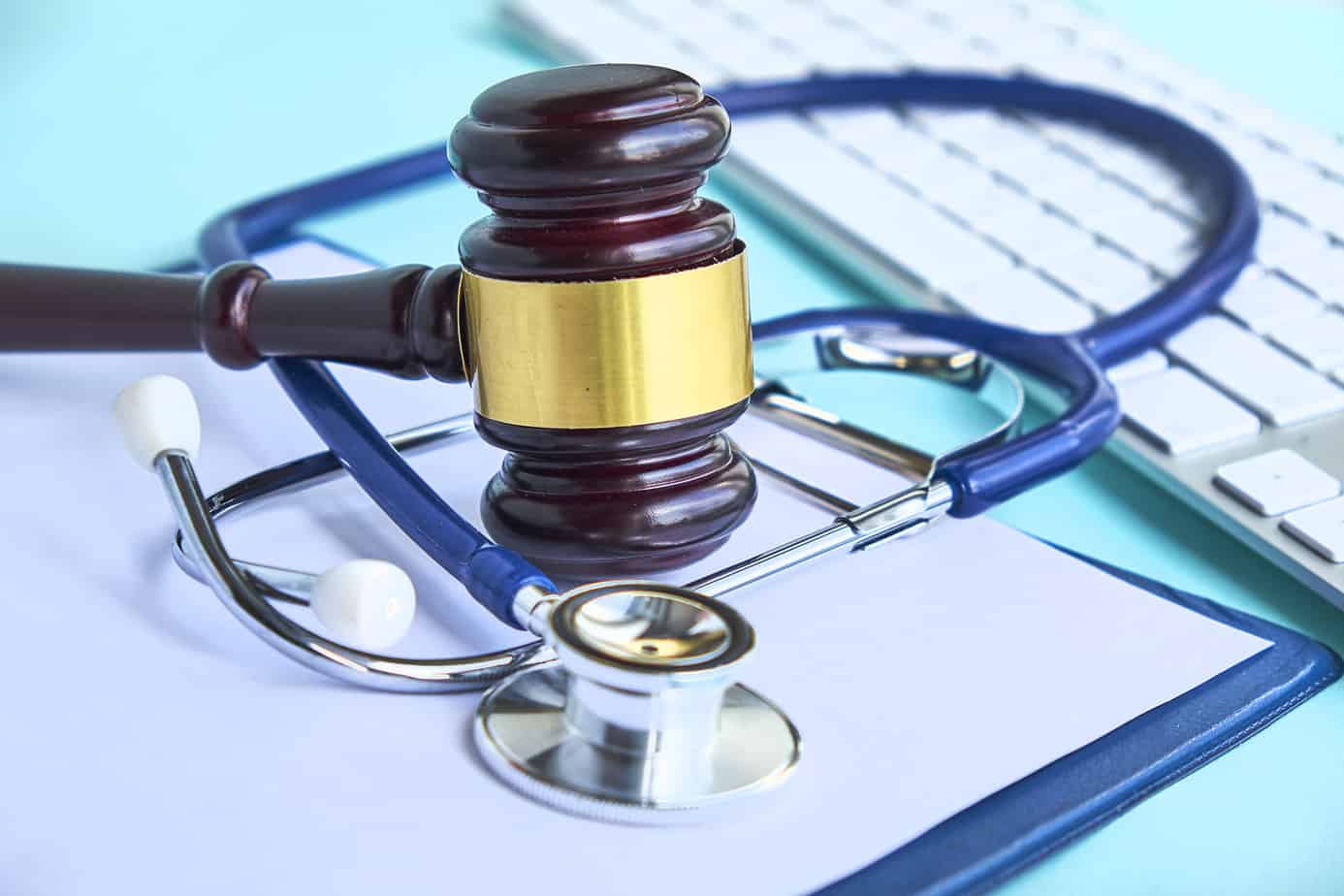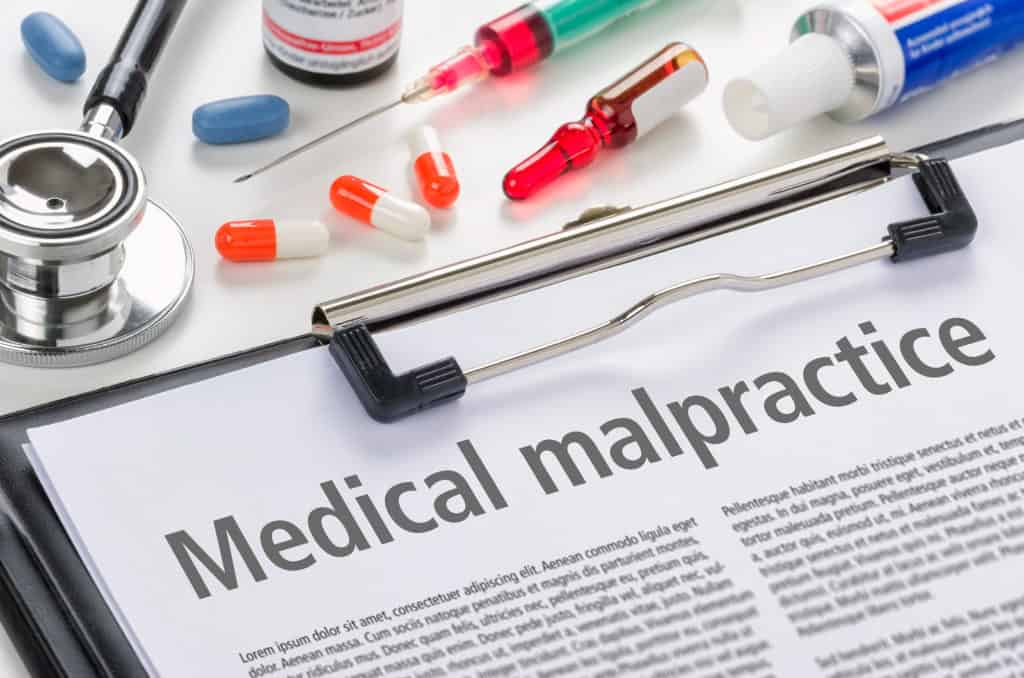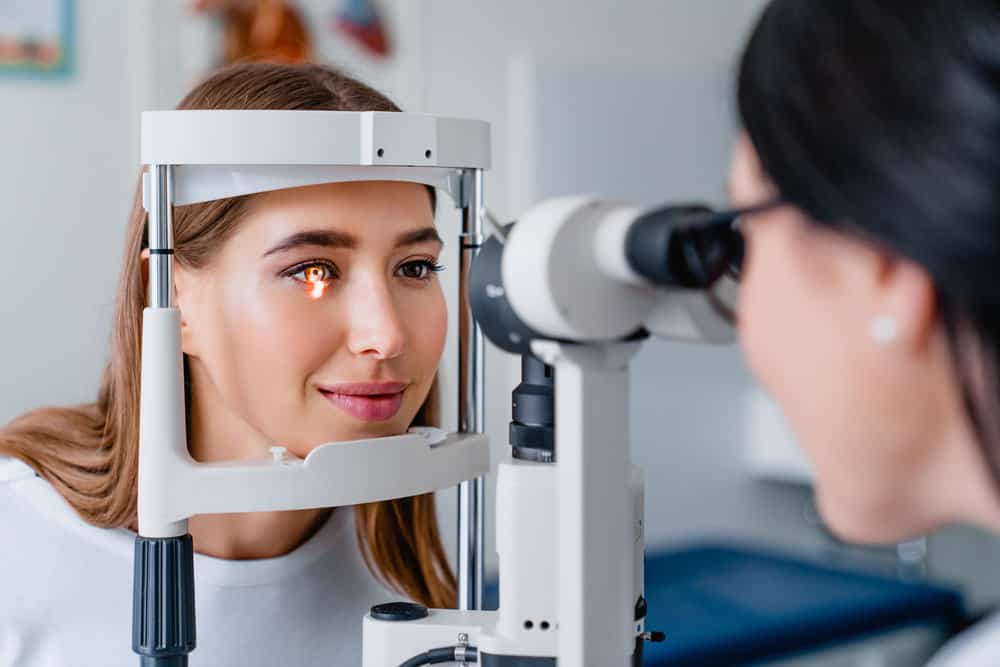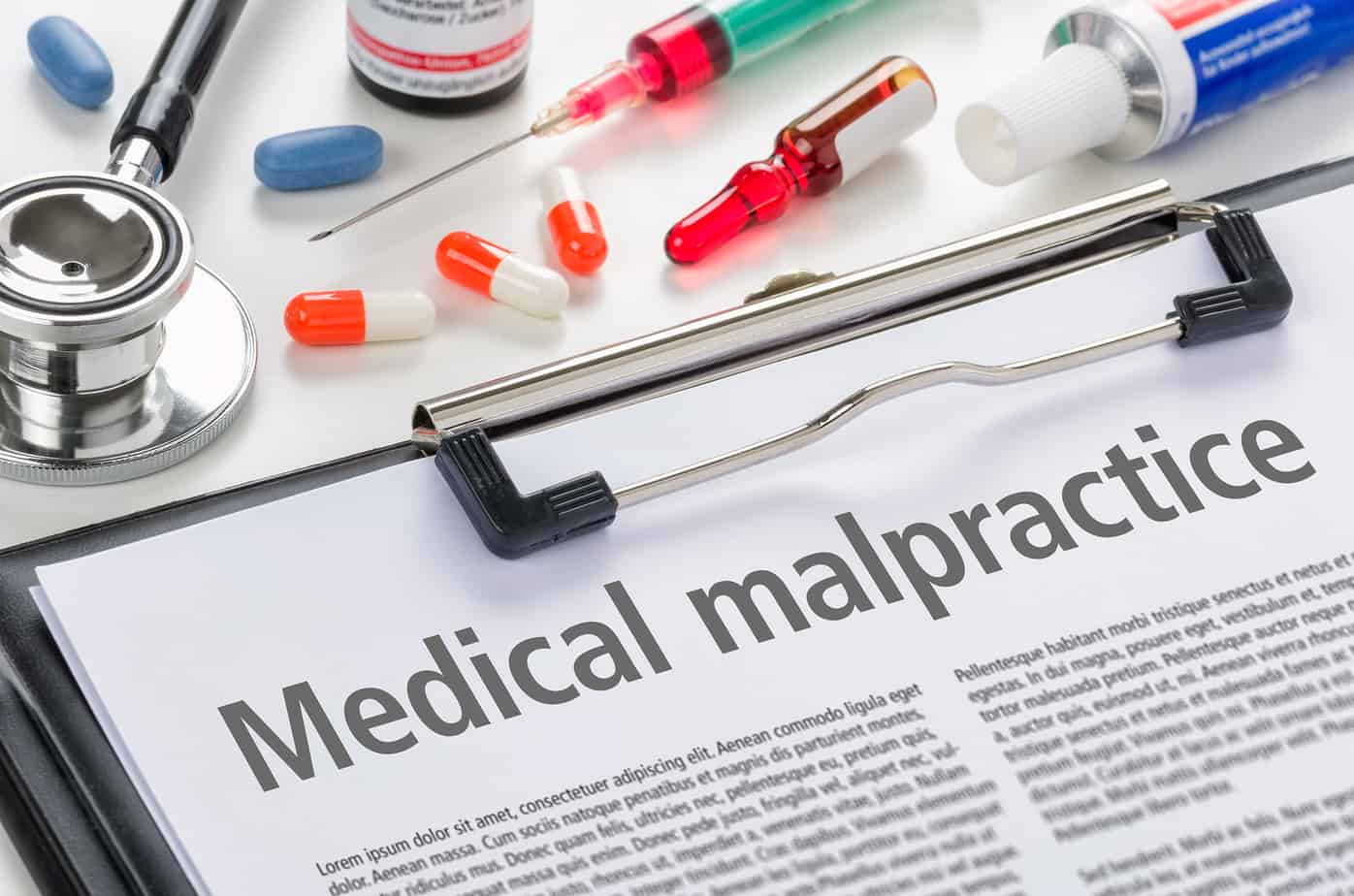Experiencing medical negligence or malpractice can be a traumatic and life-altering experience for victims and their families. One of the most critical steps in protecting your rights as a victim of hospital negligence or malpractice is to seek legal help. In the wake of such an incident, it can be difficult for those affected to know what legal options are available.
In this post, we will discuss the process of filing a formal complaint, spotting warning signs of medical malpractice, understanding your rights as a victim, and taking steps toward financial compensation. By the end of this article, you should better understand the necessary steps for seeking legal action if you were the victim of hospital negligence or malpractice.
1. Know Your Rights as a Victim of Hospital Malpractice or Negligence
Victims of hospital negligence or malpractice should always be aware and informed of their rights in order to protect themselves from potential future attacks. Knowing your rights will help you access any remedies available following an incident. Victims of medical malpractice have the right to file a civil lawsuit against the healthcare provider responsible for their injuries if they can prove that the provider acted negligently. Additionally, victims have the right to seek monetary compensation for the damages suffered due to the injury, including medical bills, lost pay due to missed work, and pain and suffering. It is important to understand that legal action may be necessary to protect yourself and pursue justice. Furthermore, victims must remain patient during the process as it may take many months or even years until a resolution is reached. With the help of skilled hospital negligence lawyer, you can pursue justice and seek the compensation you deserve for any harm caused by medical negligence or malpractice.
2. Spot Warning Signs of Medical Malpractice and Negligence
Regarding medical malpractice and negligence, spotting the warning signs is key to preventing further injury or harm. Hospitals are responsible for providing quality care and services, but unfortunately, some fail to uphold these standards.
It is important to look for signs of hospital negligence or malpractice that may indicate a larger problem. These may include misdiagnosis or delayed diagnosis, failures in communication between hospital staff and patients, medication errors, and poor hygiene and cleanliness standards. Additionally, if you are uncomfortable with any treatment you receive from your healthcare provider, it could indicate negligence. If there are any delays in scheduled operations or treatments or you feel that the staff at a particular hospital are not providing adequate care, this could also be a red flag.
Knowing warning signs regarding medical care and safety can help protect yourself and those around you from potentially dangerous situations. It is important to remember that hospitals have a duty of care towards their patients. If anything seems wrong, you should ensure it is taken seriously and investigated immediately.
If you’ve experienced medical malpractice or negligence, it’s important to seek the help of a qualified attorney. A Bronx medical malpractice lawyer can help you navigate the complicated legal process of filing a claim and seeking compensation for damages.
3. Request Medical Records to Identify Mistakes and Negligence
Requesting medical records after a hospital visit or procedure can be an important step in identifying and addressing any mistakes or negligence that may have occurred. Medical records provide detailed information about the treatment you received and documentation of any medications prescribed and test results. Having access to your medical records is not only beneficial for keeping track of your health and care, but it can also be used to identify any potential errors or negligence from a healthcare provider.
Medical records are confidential, so it is important to make sure that you receive permission from the hospital before obtaining them. When you access your records, you should review them carefully to look for any irregularities or discrepancies that may indicate malpractice or negligence. If something seems amiss, you should address this with the healthcare provider responsible or seek legal advice.
One key sign that you may need to consult an attorney is if you request your medical records and notice mistakes or overlooked details. From incorrect dosages to missed diagnoses, these errors can have serious consequences.
4. Research Past Cases for Compensation Insights
Researching past cases of hospital negligence and malpractice can be a helpful tool when determining the appropriate amount of compensation for any injury or suffering. Looking up court records and medical journal articles related to similar cases provides valuable insight into how much compensation is typically granted in a certain situation. Gathering this information can help inform your decision-making when seeking financial compensation for any damages caused by medical negligence or malpractice.
When researching these cases, you should consider factors such as the injury’s severity, the damage sustained, and the degree of negligence involved. Additionally, you should compare payouts awarded in previous cases with those offered by hospitals or insurance companies – as this could also influence your settlement negotiations. Ultimately, researching past cases can be a great way to gain knowledge and insights that may prove invaluable when dealing with hospital negligence or malpractice issues.

5. File a Formal Complaint Against Hospital Negligence or Malpractice
When we trust healthcare professionals, we expect a certain level of care and attention to detail. Unfortunately, this isn’t always the case, and medical negligence or malpractice can have devastating consequences.
If you believe you have experienced negligence or malpractice at a hospital, filing a formal complaint as soon as possible is important. Formal complaints can be filed with the appropriate state medical board depending on the state in which the incident occurred. Filing a formal complaint will help gather evidence and launch an investigation into the hospital’s negligence or malpractice. Moreover, the complaint can protect you from potential future attacks from the hospital by providing documentation of your concerns. Complaints should include all relevant facts about the incident, including dates, times, and names. It is important to save all records related to this incident, such as paperwork or communication with healthcare providers. Once the complaint has been submitted, it is important to communicate with the appropriate disciplinary or licensing agencies while they investigate your case.
Wrapping Up
If you or a loved one has been adversely affected by hospital negligence or malpractice, it is important to take the steps necessary to seek justice. Knowing your rights as a victim and being able to spot warning signs of medical malpractice and negligence are important steps in this process.
Requesting medical records to identify mistakes or negligence is also important for filing a complaint or seeking compensation. Additionally, researching past cases for compensation insights can be extremely helpful when preparing for a legal case.
Most importantly, it would be wise to reach out to an experienced hospital negligence lawyer who will fight on your behalf to ensure you receive the justice you deserve.
These steps will help guide you through filing a formal complaint against hospital negligence and malpractice.


